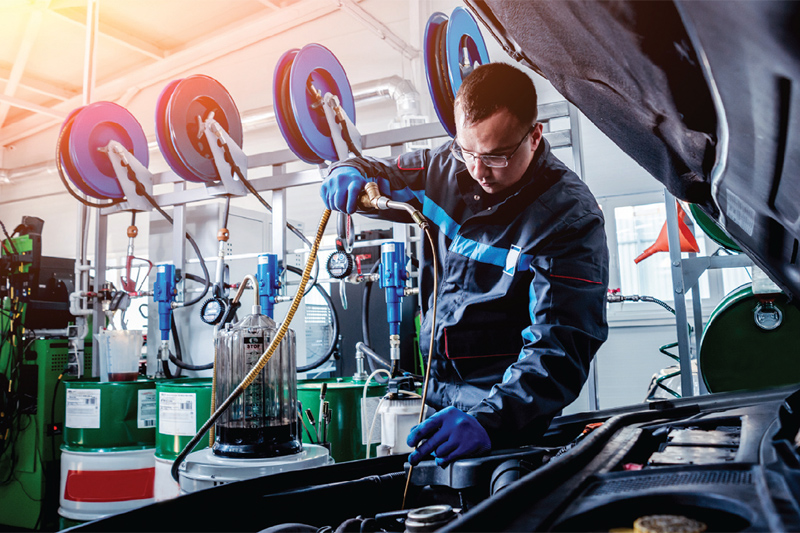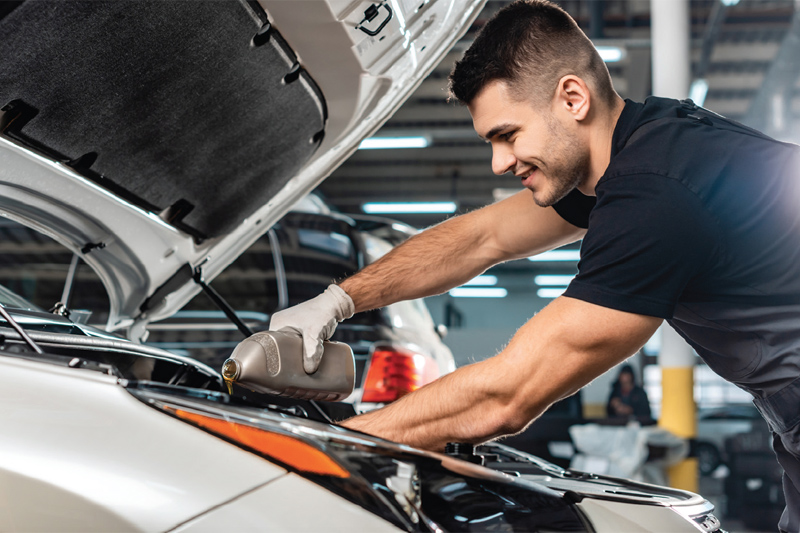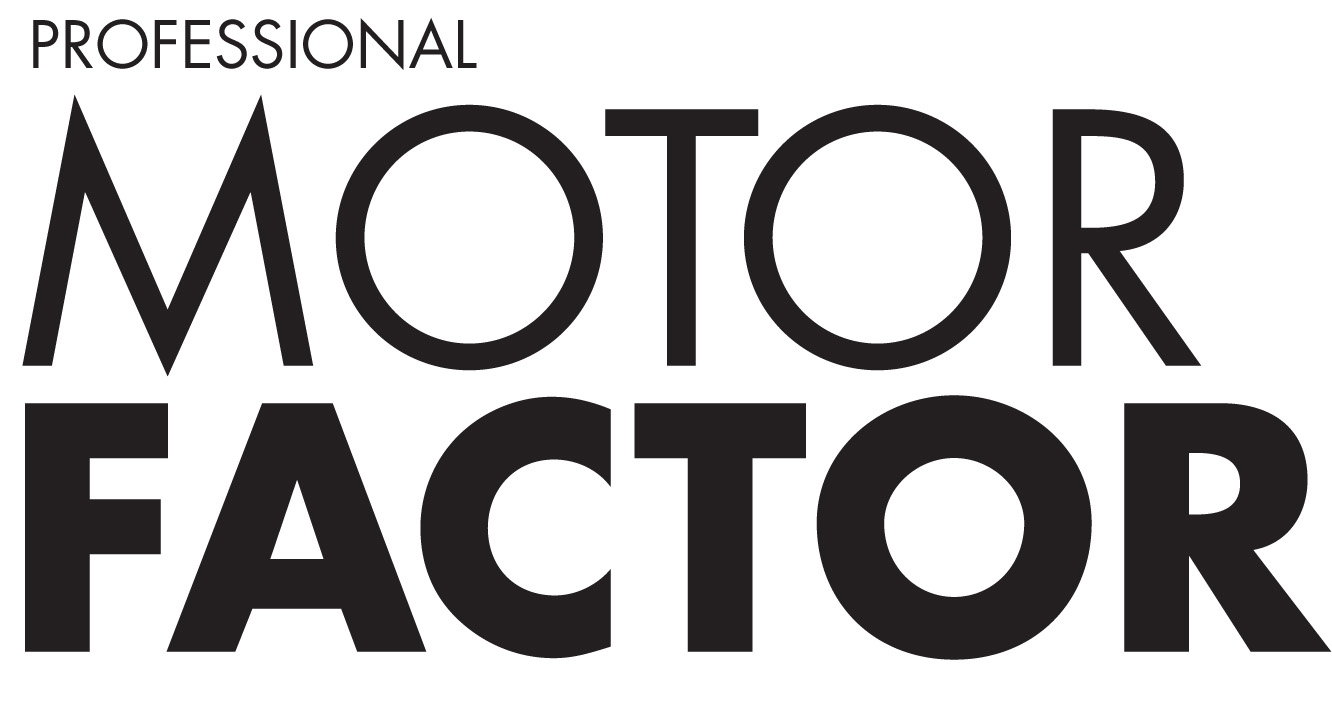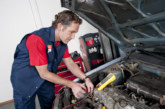The role of VLS Technical Review Panel explained

Alan Outhwaite is the chairman of the Verification of Lubricant Specifications (VLS) Technical Review Panel – but what is the responsibility and role of such a panel? Thankfully, Alan took time out of his busy schedule to answer that very question and several others.
Q. So, Alan, can you provide an overview of the role and responsibilities of the Technical Review Panel?
A. “The VLS Technical Review Panel is made up of qualified professionals across the lubricants industry, including lubricants manufacturers, additives companies and base oil organisations. All of them give their time voluntarily to review complaints about lubricant products. They have the technical expertise to understand the products and issues raised.
“The Technical Review Panel reviews the evidence about a claim, including desk research and, where necessary, independent laboratory testing. They make a recommendation about whether the product is compliant or not, which is passed to the VLS secretariat. The secretariat then enters into dialogue with the Named Party. If the product has been found to be not compliant, the objective of that dialogue is to educate the Named Party about the issue and ensure they take steps to bring the product into compliance.
“All of the evidence the Technical Review Panel receives is anonymised. This is vital to ensure the panel remains objective in their assessment.”
Q. Should co-operation not be given by the company alleged to have produced incorrect marketing claims, what powers do VLS have to ensure a fair result is achieved?
A. “In 2020, VLS entered a primary relationship with Buckinghamshire and Surrey Trading Standards. Trading Standards supports VLS in the escalation of cases, as well as providing tailored advice and guidance for VLS and its members. This relationship has proved effective in concluding certain cases where escalation has been required to prompt action.”

Q. Can you share some examples of recent successes or significant accomplishments of the Technical Review Panel in maintaining lubricants standards?
A. “2023 has seen an influx of cases, with the highest number of complaints received since 2016. Several cases have resulted in affirmative action. In case VLS010183, concerning the low temperature properties for a 75W-90 gear oil, stock was quarantined and uplifted from suppliers. As a result of investigation VLS010184, also concerning low temperature properties on a 75W-90 gear oil, products were quarantined and disposed of.
“In other cases, changes have been made to packaging and technical data sheets so as to detail accurate product specifications and application details to ensure that products really can deliver what they claim.”
Q. What are the emerging trends in the lubricants industry that your panel is particularly focused on or, perhaps, concerned about?
A. “The lubricants industry has been through immense change over the past 10 years as engine technology has evolved. To meet government requirements for reduced emissions and consumer needs for economy and performance, smaller engines are running at higher temperatures to maximise efficiency, power output and fuel economy. Longer oil drain intervals, taken together with smaller sumps and the need to minimise emissions, have created the need for less viscous, synthetic or semisynthetic oils to provide the protection and performance required in these challenging conditions. This has led to the introduction of many new specifications, some of which are incompatible, increasing the complexity of the market and the need to be even more vigilant and use the correct lubricant.
“We expect to see this ultra-low viscosity trend continue with engine oils, such as SAE 0W-8, being considered by some OEMs. For end-users, this could pose an issue. If you put a 0W-8 oil in an older vehicle, which requires a 5W-40, the vehicle will be starved of the protective lubricant film it needs, leading to increased wear in the engine.”

Q. How is environmental sustainability and compliance with regulatory requirements affecting lubricant standards, and how is VLS supporting this challenge?
A. “The right lubricant properties can assist VMs in delivering fuel economy and meeting emissions regulations whilst providing engine durability. This is only set to increase, leading to further complexity and a continued increase in different specifications for the manufacturer, marketer and end-users to understand. VLS will continue to play a vital role in ensuring that all performance claims are correctly made and that products really can deliver on their promise.
“Led by the major motor manufacturers, specifications are emerging for different EV applications. But despite the impending restrictions on internal combustion engines, the sector is still very much in its infancy and industry knowledge of these products is still scarce. Tests and specifications are under development by the OEMs and technology providers to regulate this emerging market and protect end-users.
“VLS is watching the development of this area closely and will respond once specifications are in place, and market standards are established to raise awareness within the industry and ensure products meet the claims made.”
Q. How can businesses or individuals get involved with or contribute to the work of the VLS?
A. “VLS welcomes members from across the lubricants industry, including lubricants manufacturers, distributors, motor factors, and workshops. Members demonstrate their commitment to upholding standards in the lubricants industry and contribute to the work of VLS.
“Every single motor factor and mechanic can get involved by being more informed about the importance of oil choice and questioning products and suppliers. If a lubricant sounds or looks too good to be true, it is always worth checking. Modern vehicles are so sophisticated that choosing the right oil really does matter. Poor quality or the wrong oil can cause damage to emission control systems, accelerated wear in gears and bearings, leading to increased maintenance costs and, if left unchecked, eventual engine failure.”

Q. What advice would you give to lubricant manufacturers and industry professionals to ensure their products meet and exceed the verified standards?
A. “Lubricant marketers must ensure they have sufficient technical data generated internally or from a supporting organisation, like an additive company, to justify any performance or application claims. They should update all publicly facing materials, websites, print and labels, so that the information given to end-users accurately reflects the product being sold.
“Regularly auditing product claims is vital to ensure continued compliance. Just because something was correct once doesn’t mean it is correct forever. Rigorous and proactive quality assurance programmes can ensure products continue to meet the standards they claim and pick up any changes, trends or failures which can prompt immediate corrective action.
“Additive companies should be able to readily provide technical evidence, such as Candidate Data Packages or performance test data, that proves that the technology they are supplying can meet the specifications claimed. This evidence should be clearly documented and easily accessed by both lubricant manufacturers and marketers.”








